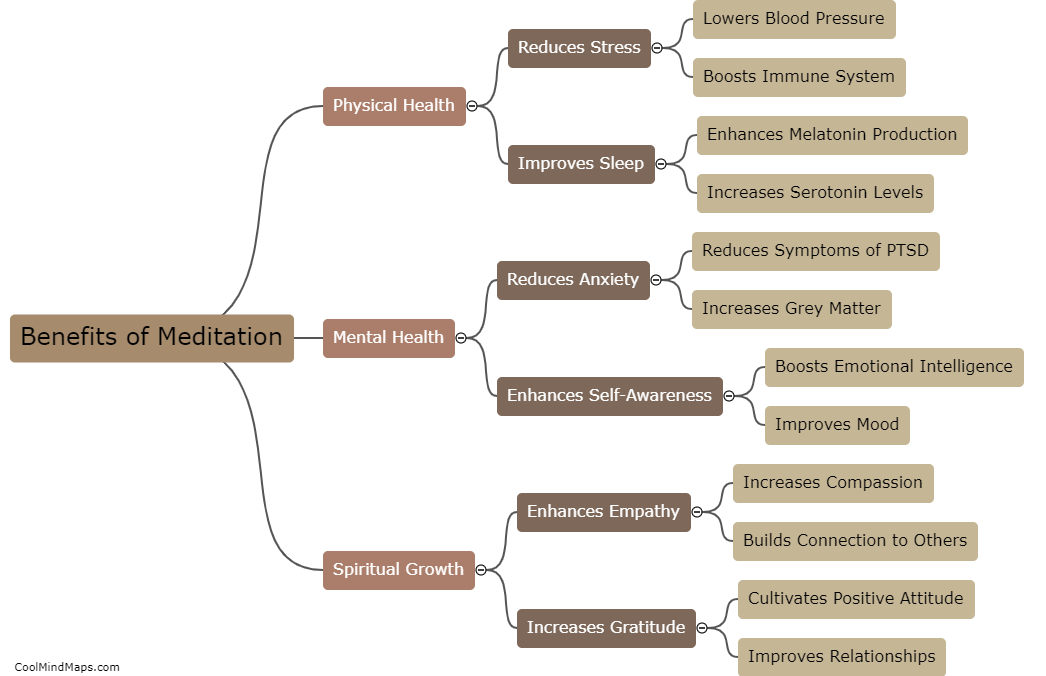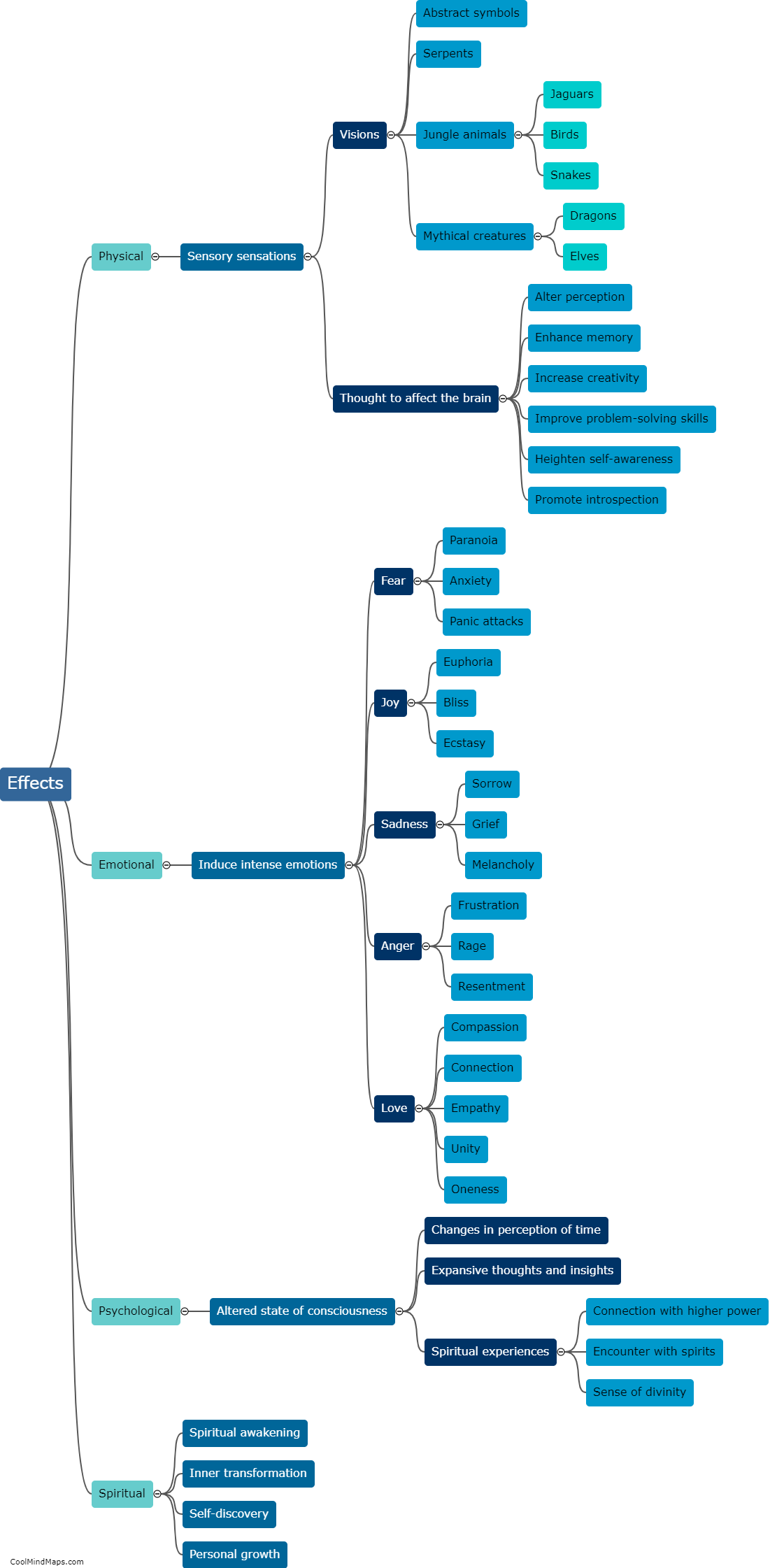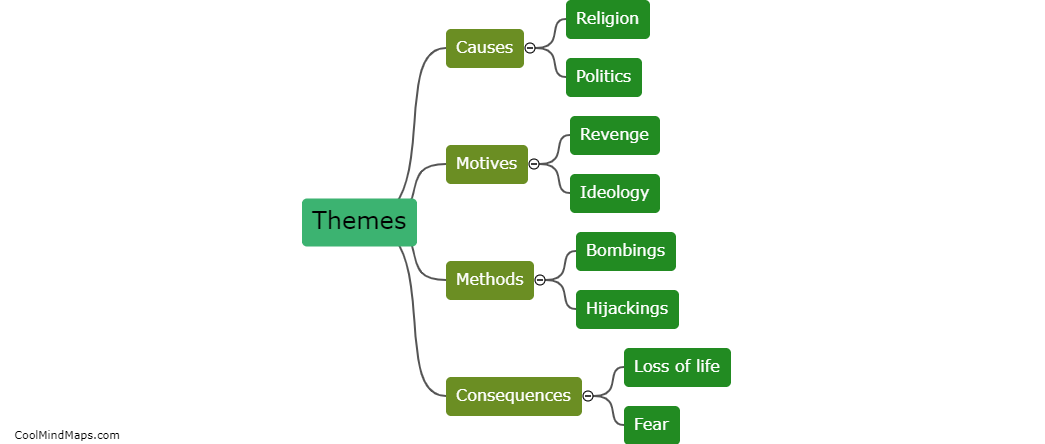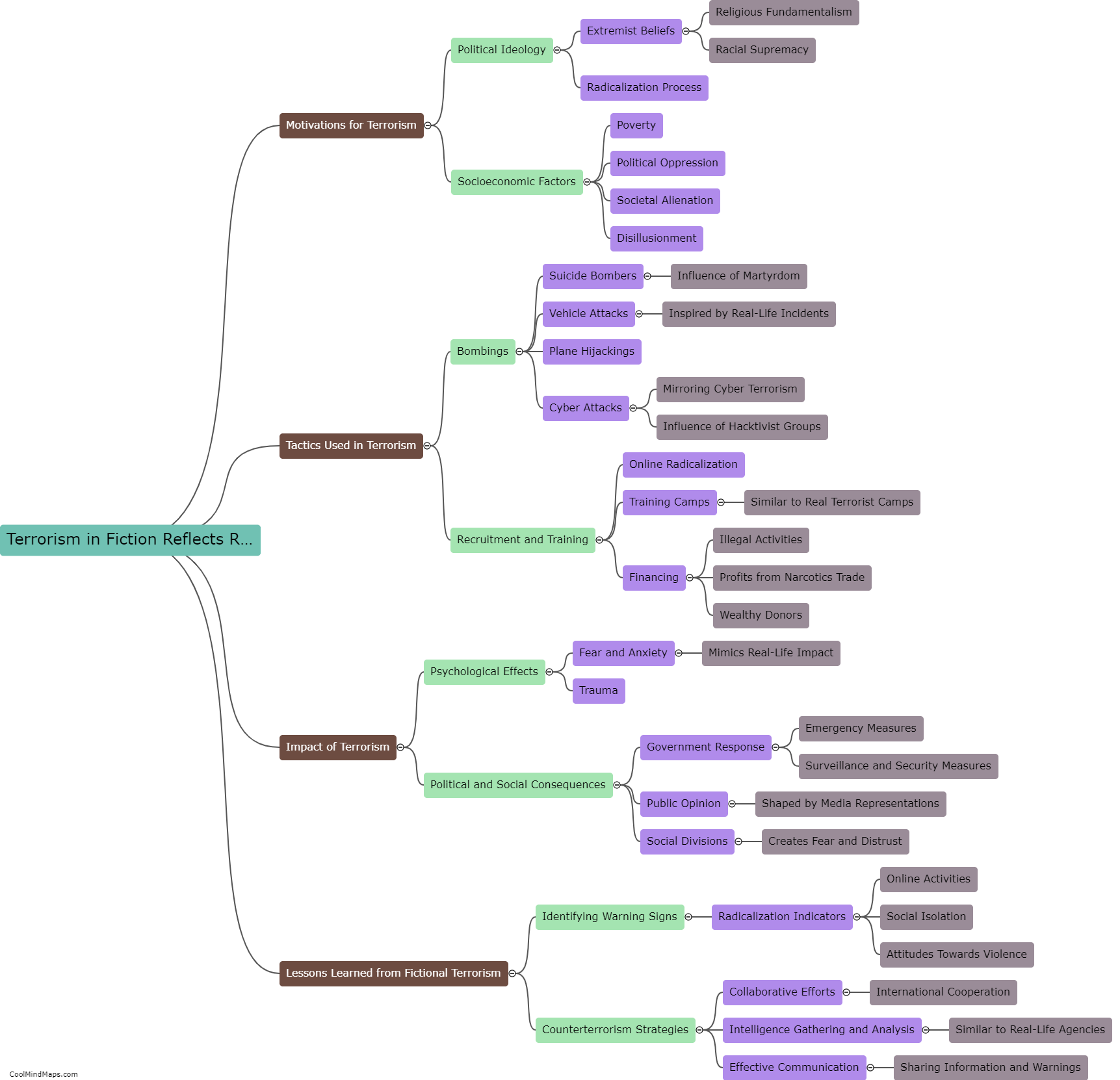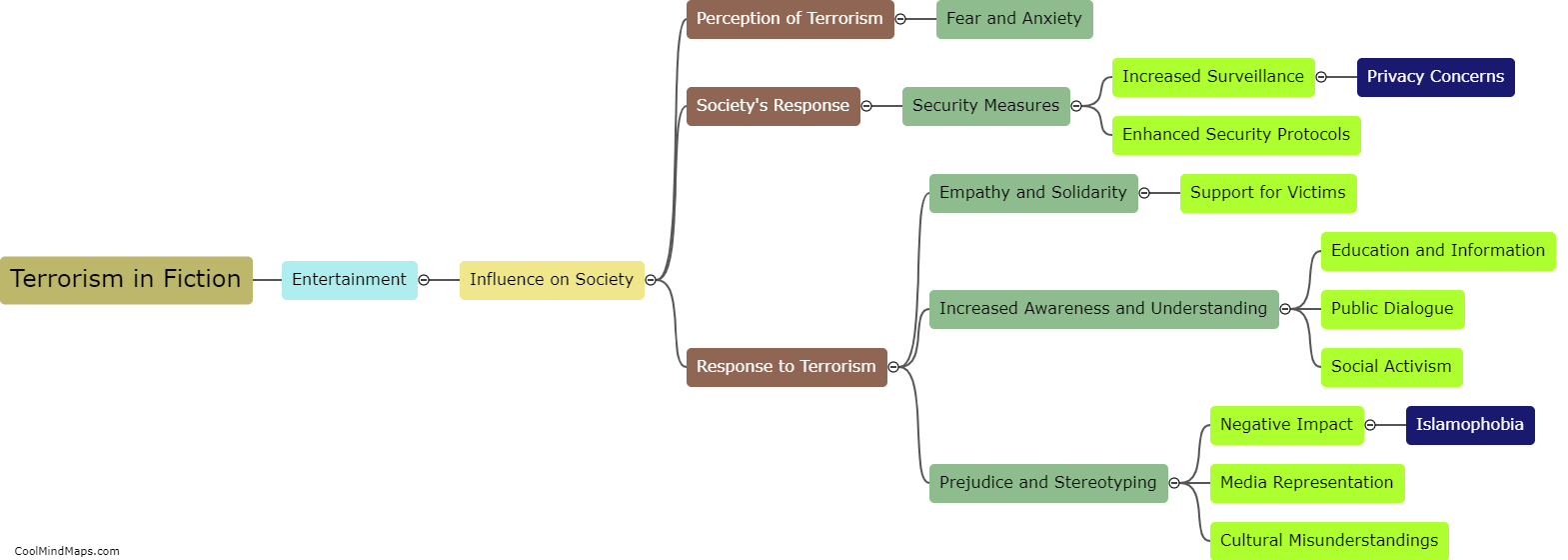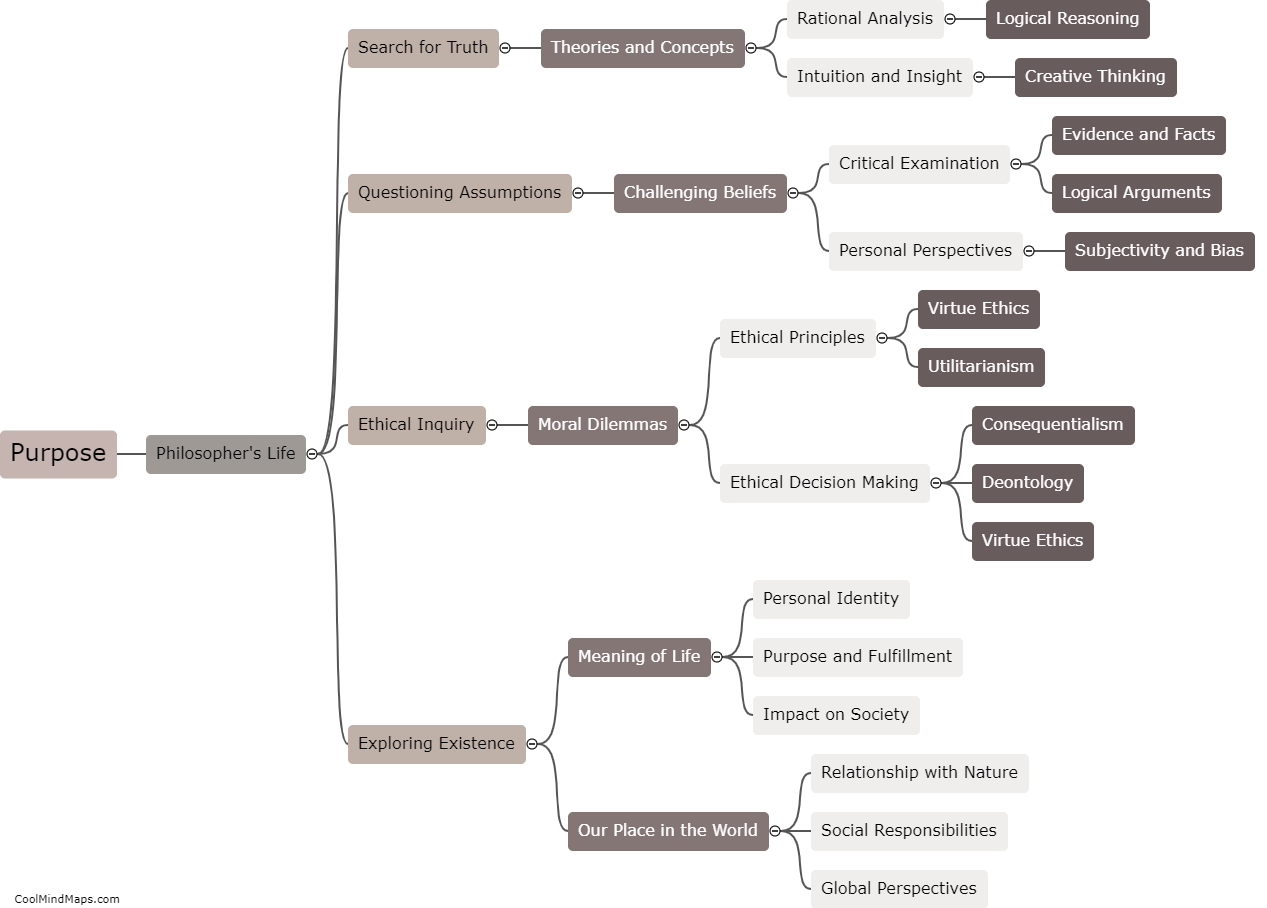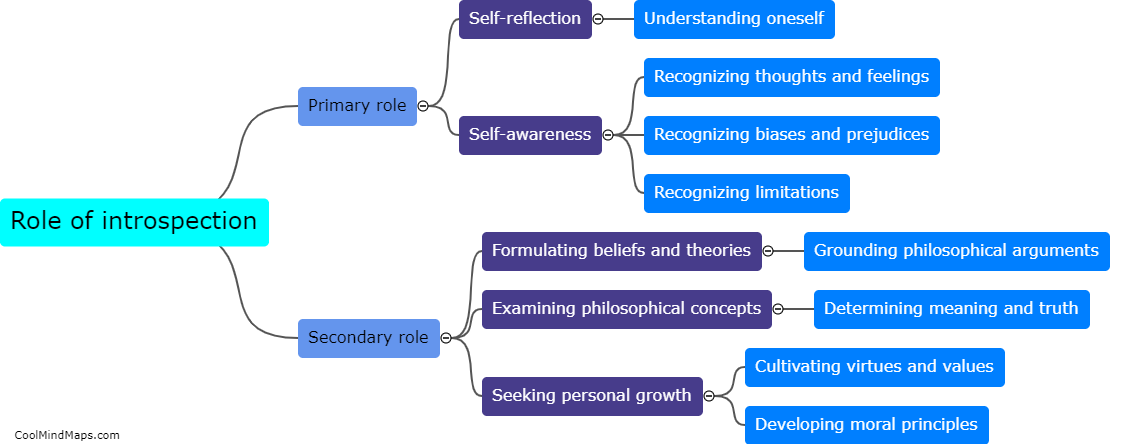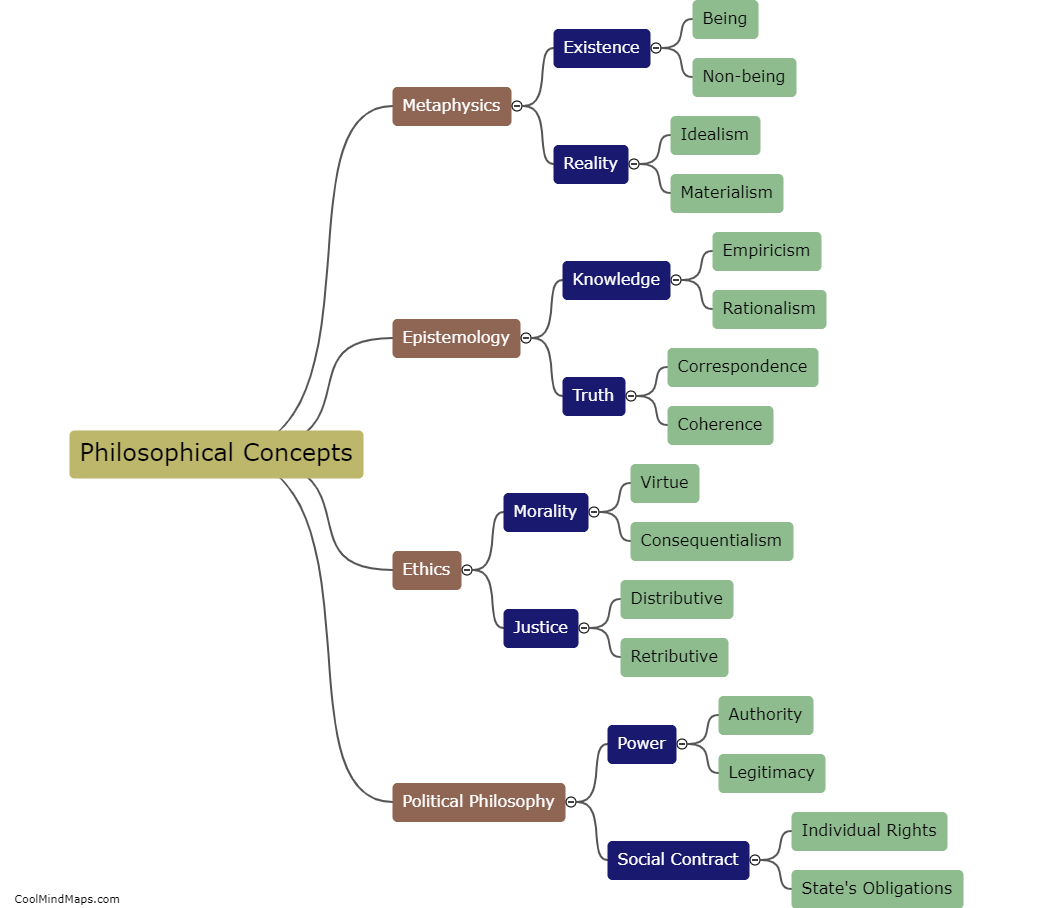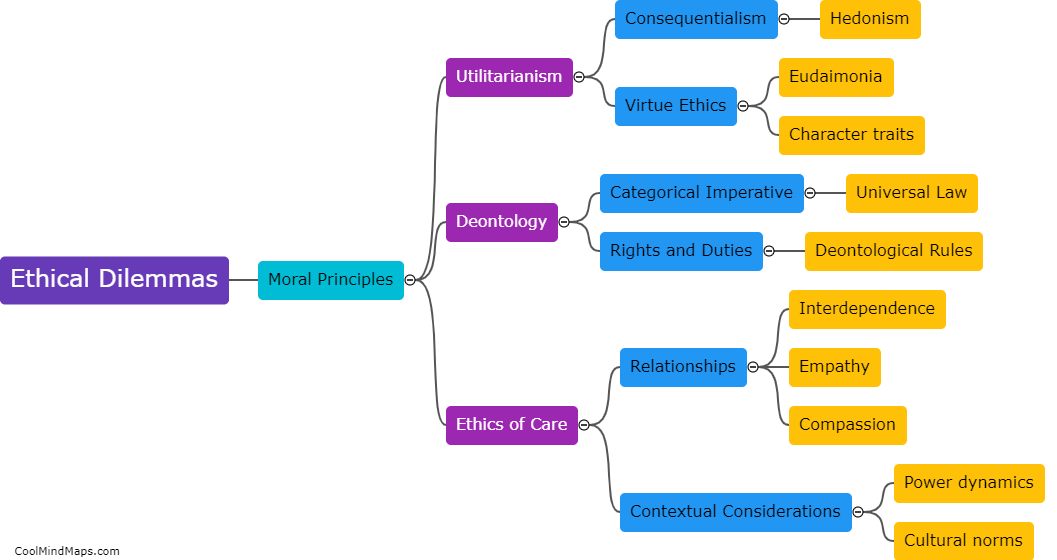How does a philosopher approach the search for truth?
A philosopher approaches the search for truth by employing various methodologies and epistemological frameworks. They challenge existing beliefs and assumptions, questioning the nature of reality and the limits of human understanding. Philosophers critically analyze arguments, logical reasoning, and empirical evidence to ascertain the validity and soundness of claims. They strive to remove biases and subjectivity from their inquiry, aiming for objectivity and rationality. Philosophers also engage in contemplation, introspection, and reflection to gain insights about the fundamental nature of truth itself. They recognize the fallibility of human knowledge, acknowledging that truth may be provisional and subject to revision as new information and perspectives emerge. Ultimately, the philosopher's search for truth is a continuous, never-ending endeavor, driven by curiosity, skepticism, and a commitment to intellectual honesty.

This mind map was published on 5 December 2023 and has been viewed 85 times.
